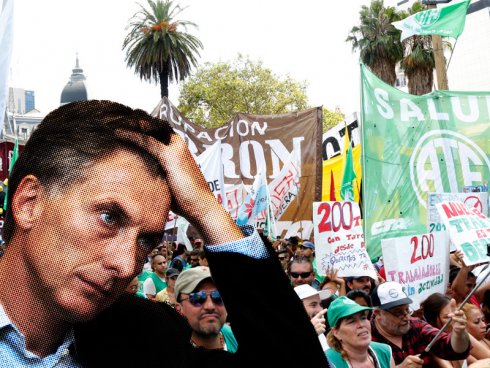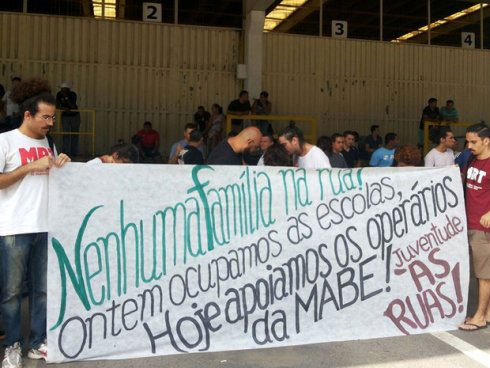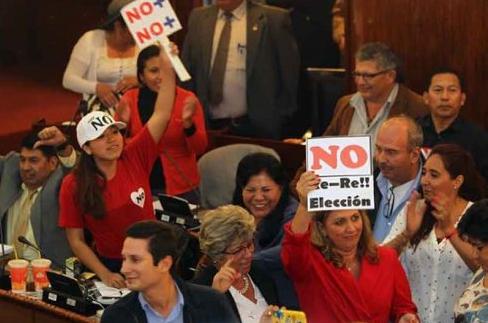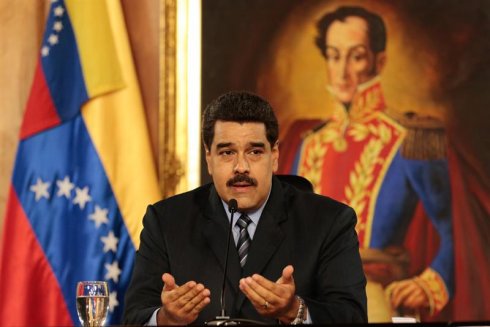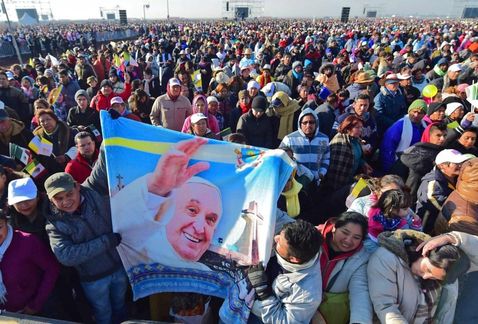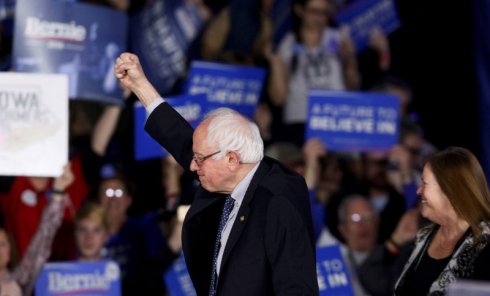Can the struggle of the working class open a new act in the revolutionary process?
Strike wave in Egypt
27/07/2012
By Juan Andrés Gallardo
On Sunday, July 15, a few weeks after the election victory of Mohamed Morsi, the candidate of the Muslim Brotherhood (MB) in Egypt’s presidential elections, more than 24,000 workers from the state-owned textile firm Mahalla Misr Spinning and Weaving began an indefinite strike, for a wage increase, bigger benefits upon retirement and demanding the dismissal of the officials from the old Mubarak regime that still continue running the firm. In addition, they are asking the government for a plan of investments for the development and rebuilding of the entire textile industry.
On the third day of the shutdown, the strike wave spread to seven more textile factories of neighboring provinces like Alexandria and two other Nile Delta cities, while in Mahalla, thousands of Spinning and Weaving workers are mobilized, and several hundred of them are occupying the factory’s administrative building, to guarantee the strike.
It’s not just any factory, but the one which is the biggest textile plant in Egypt, where the workers have been experimenting with strikes, struggles and mobilizations during recent years. The Mahalla textile workers led strikes and regional uprisings under the Mubarak dictatorship (as in 2006 and 2008) and were alongside other groups of workers, like those of the Suez Canal, court and public-sector employees, a central component of the January and February 2011 mobilizations, that ended with the fall of the dictator. Far from being satisfied with this, the workers continued carrying out different means of struggle under the government of the Supreme Council of the Armed Forces (SCAF), that took power after the fall of Mubarak, and that kept the emergency law, prohibiting the strikes and pursuing and opening judicial cases against the main workers’ leaders of the region.
The Mahalla strike has already generated a lot of support, and it has begun to spread to other regions, not only within the textile industry, but also in other branches. This is the case with the Cleopatra Ceramics Factory of Suez, where the workers confronted the army and were repressed on Tuesday, July 17, for having occupied a series of public buildings for prosecution of the ceramics factory’s owner, who is a former member of Mubarak’s party, and in repudiation of the connivance between him and government officials. The Cleopatra workers had begun a strike in March, to ask for a wage raise and payment of vouchers, to which management responded with a series of layoffs and attacks on the workers, provoking the current situation in which they are demanding that Morsi’s government intervene to guarantee the raise in wages and benefits.
These new processes of struggle, in symbolic places like Mahalla, could express illusions that, after Morsi’s victory in last month’s elections, the most profound demands of the workers and the Egyptian people, that were postponed during Mubarak’s pro-imperialist dictatorship and the subsequent provisional government of the SCAF, will finally be met.
The workers of Mahalla publicized an open letter to Morsi, that gathers their demands and where they “remind” him that it was the workers and the people who toppled Mubarak’s government and that their struggle is to achieve the “aims of the revolution.” The strike wave would appear to be giving a new dynamic to the situation in Egypt, at the same time that it is again raising the demands of the revolutionary process opened up after Mubarak’s fall.
Towards a new dynamic in the revolutionary process?
The Mahalla workers’ strike is bursting into a political setting dominated by the disagreements and negotiations between Morsi’s government and the SCAF, that has the real power in its hands. During recent months, the revolutionary process opened up in Egypt after Mubarak’s fall has been channeled “from above” through the political polarization generated between the Muslim Brotherhood, that is the main political force with a national scope (and with ties and networks of assistance among the most impoverished groups from the countryside and the cities), and the SCAF, that through a series of decrees and political dirty tricks, left the presidential institution empty of powers, and practically without any real power, in addition to closing down the Parliament elected last November, where the Muslim Brotherhood and the Salafists (orthodox Islamists) were the majority. (See “Egypt: Down with the reactionary coup of the Supreme Council of the Armed Forces”).
Although at first, it could be driven by the illusions generated by the arrival in government of the Muslim Brotherhood, the current process of strikes could unleash a new dynamic that will take the movement that arose after Mubarak’s fall out of the impasse it had entered after the violent repression of the mobilizations at the end of last year and the diversion that setting up the election calendar represented. The latter had the aim of taking the revolutionary process towards the dead end of being forced to choose between an openly pro-Mubarak candidate arbitrarily chosen by the SCAF, on the one hand, and the MB, on the other, which has a neo-liberal program of reforms and privatizations in the economy, and which, in the area of foreign policy, intends to maintain the status quo with Israel and the US.
The dynamic it will assume in the coming weeks remains to be seen, but right now the demands of the groups that are going out to struggle will be a headache for Morsi, who, as he did from the very beginning, is negotiating the terms and powers of his presidency with the military. (See “After the Muslim Brotherhood’s victory, the Army guarantees its own power”).
He has not been having much success in this area, as shown by the overturning by the Supreme Constitutional Tribunal (rigged by the military) of a presidential decree issued by Morsi last week to re-establish Parliament. However, Hillary Clinton’s recent visit had the aim of giving imperialism’s approval to Morsi’s government (although without discrediting the military junta). Clinton met with the head of the military, Tantawi [Chairman of the SCAF], to give her “firm support to the democratic transition,” and, at the same time, visited Morsi to guarantee the regional status quo and political moderation, in exchange for the possibility of unlocking a 3.2 billion dollar loan by the IMF to revive the ruined Egyptian economy.
Although a relative consensus exists between imperialism and the Egyptian bourgeoisie so that the “transition” to a new regime will go towards a “Turkish model” (where moderate Islamism coexists with the armed forces, that are the real pillar of the state and the regime), this attempt could be truncated if, in view of a structurally weak government, like the current one, and with a critical economic situation, the process of strikes and mobilizations begins to accelerate the experience with the “Islamist government,” reopening the revolutionary process and inaugurating a new act, where the working class is again an important factor on the Egyptian street.
July 18, 2012

